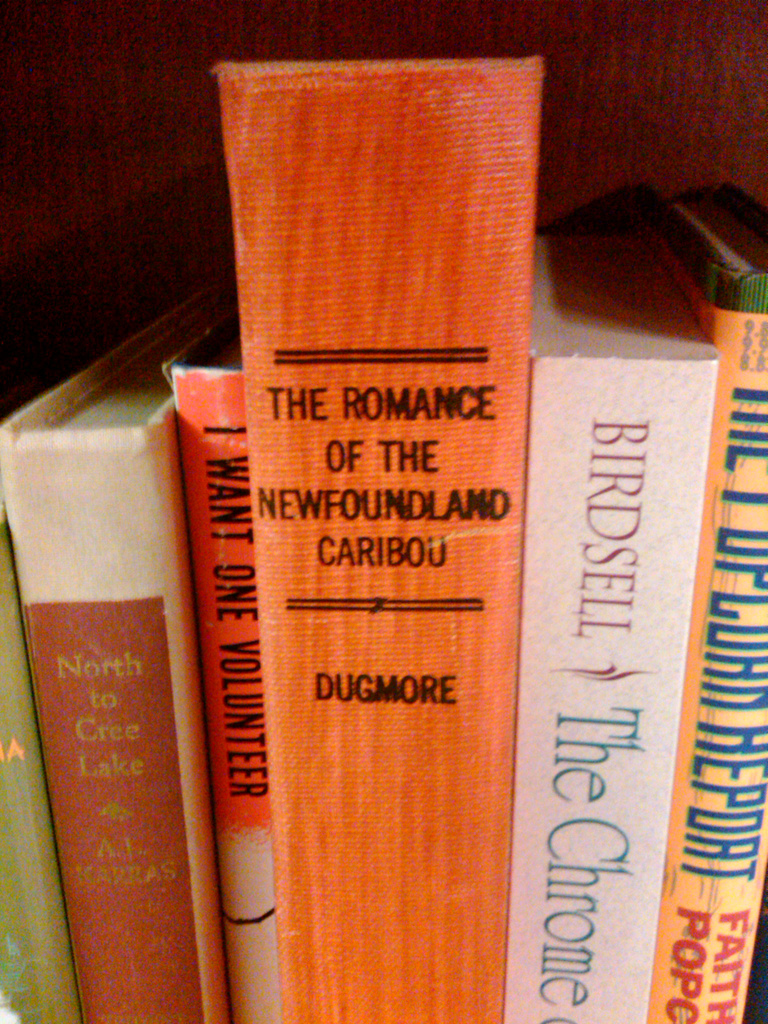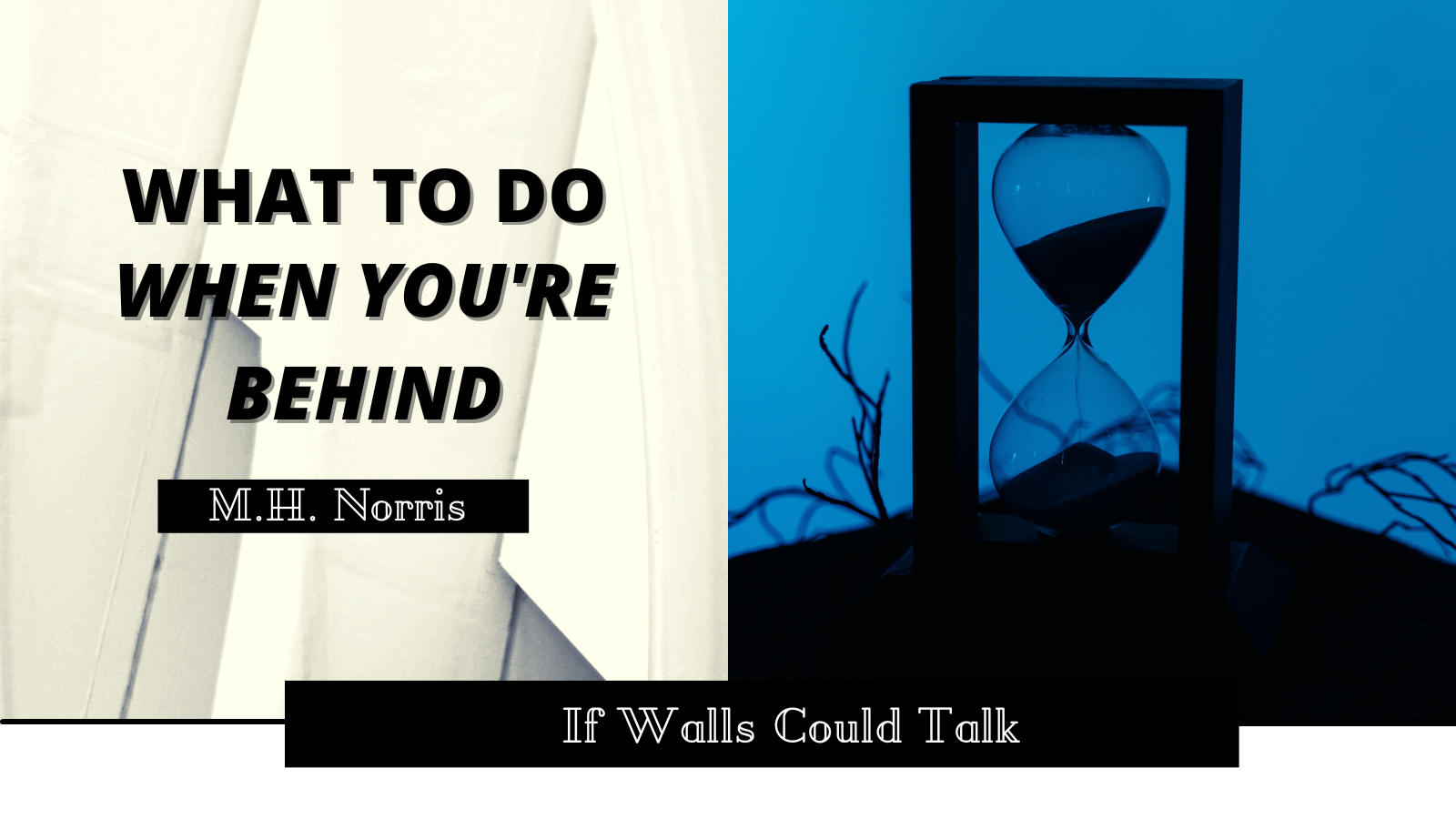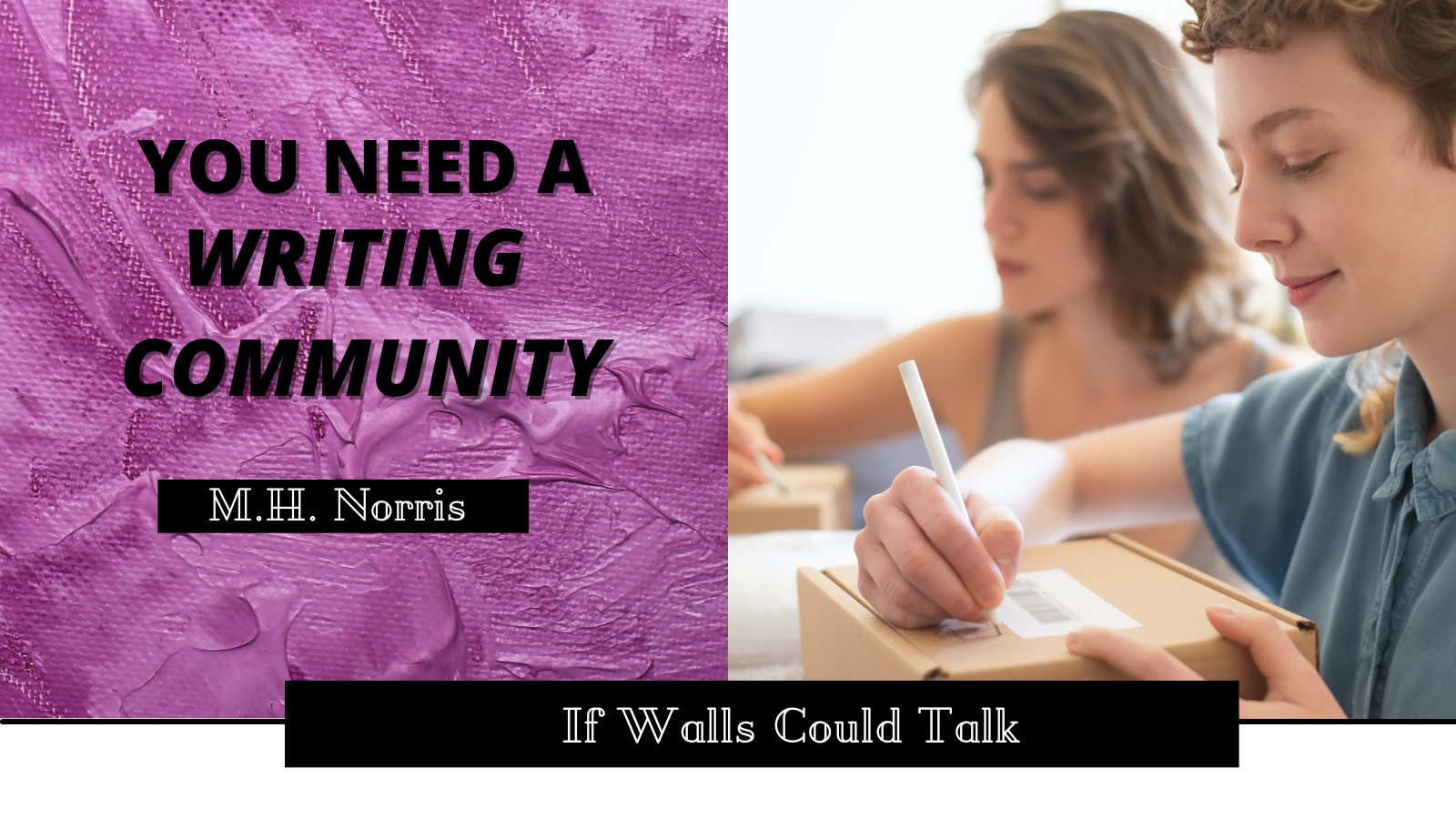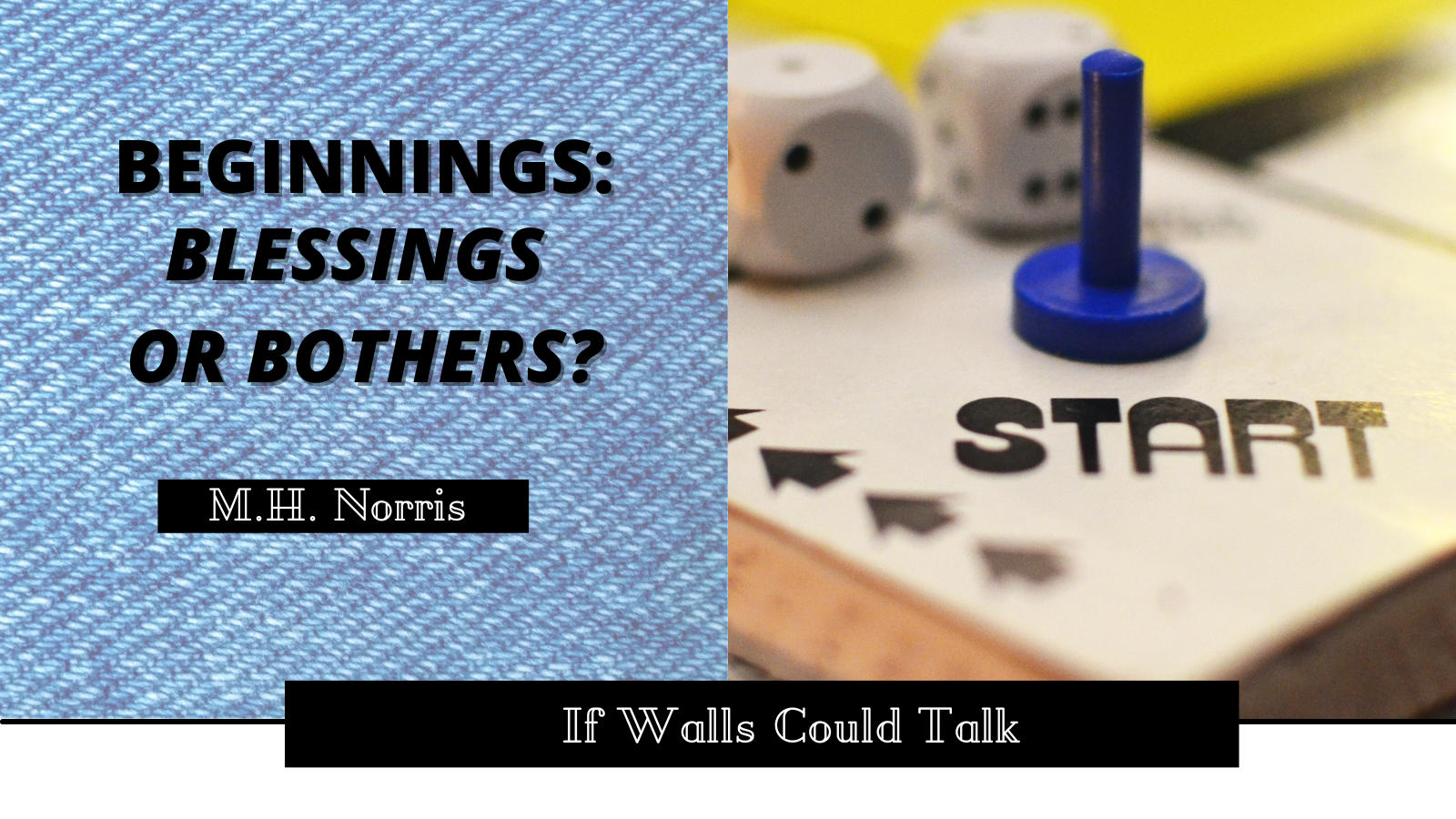
M.H. Norris
With most networks coming to their season finales, my mind naturally switches to television. It’s no secret that I love television and hope to write for it. It’s worthy of study.
On a The Flash, Barry and Iris got married during a special in November. As we hit the finale of the show next week, I find myself thoroughly annoyed at its storytelling. So, on this edition of “If Walls Could Talk,” I’m going to examine a fictional romance that worked, and how you can apply its lessons to your own work.
One of my all-time favorite shows is Chuck. In it, Chuck and Sarah meet in the pilot and it’s no secret to the viewers that they’re going to get together. They’re the obvious, creator-planned couple. It becomes a matter of when, not if.
What does it take for a good romance in fiction?
There are several factors.
1) Does the relationship help or hinder the main story?
In the case of Chuck, the relationship progresses in arcs. These arcs are centered on the primary storyline. In season one, Chuck is trying adjust; he and Sarah have to learn how to trust each other as partners. Season 2 shows them building a friendship. Season 3 presents Chuck as a fully-formed spy, presenting Sarah with a moral quandary over Chuck to losing himself the way she’s she’s lost herself. Season 4 is where the romances reaches its culmination. Finally, season 5 plays with what was established.
In each of these cases, that story seamlessly weaved itself into the main storyline, neither rushing the other in their quest to move on. The romance between Chuck and Sarah never comes at the expense of the story.
That’s one of the biggest things you have to consider. Does this romance help or hinder the story? One of the biggest problems is that you are so focused on bringing these two characters together that you forget that there’s a story you need to tell and while 15.4 hours may seem like a lot, it goes faster than you would think. (the 15.4 hours is based off the average season length on major networks which is 22 episodes that are usually approximately 42 minutes in length.)
2) The romance doesn’t come at the expense of other characters
One of my favorite sequences from Chuck comes in “Chuck Vs. The Balcony.” Chuck is about to propose. Two other central characters assist–both Chuck and Sarah–over coms.
In this case, the storyline and the romance mesh together and it brings outside characters in. Storytelling can sometimes come down to balance. A plots and B plots, sometimes C and D plots. The trick is to not let one drown one another out. Make sure all your characters have a chance to shine, especially during romantic scenes. It’s too easy to reduce your story to a single point, where only the romantically-involved characters matter. Think around that.
3) Don’t force it
Chemistry matters. Before Elisabeth Sladen was hired to take part in Doctor Who, there was another actress. She and the current Doctor did not have good chemistry. She was quickly removed from the series, and replaced with a new actress.
What if they’d tried to force it?
You would have felt it. When actors don’t get along or can’t mesh, try as they might, it shows on screen. Blade Runner is an excellent example of this. Try as they might, you can feel Sean Young and Harrison Ford were at each other’s throats. Meanwhile, in Chuck, the actors had good chemistry and it shined on screen.
This is nearly as much of an issue in prose. You may not be restricted by the actors, but you still need to make sure your characters have legitimate chemistry on the page. Nothing is more dreadful than the written romance that feels like Sean Young and Harrison Ford are giving it another go. Make sure you write a romance that works. There are few things more annoying than a forced romance.
Once upon the time, I dabbled in a Young Adult romance before deciding that I couldn’t make it work. The last time I spent a significant amount of time on it was before I got the chance to write my first mystery. They didn’t have that on-the-page chemistry in that romance.
But I am picky when I pick up something with romance in it or I’m watching a television show where it’s prevalent and frequent.
As long as it helps the story, doesn’t come at the expense of other characters, and isn’t forced, you should be in good shape.




